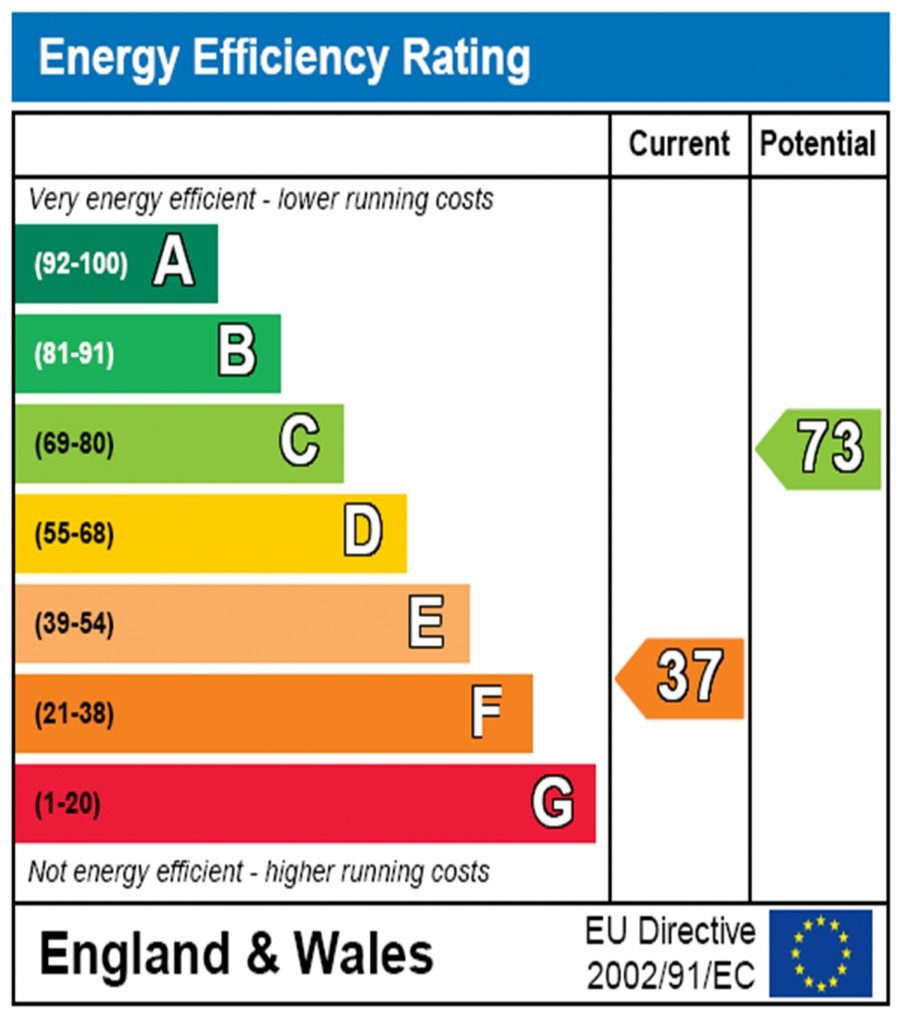PRIVATE rented sector in Nottingham has seen a big improvement in energy ratings since the introduction of selective licensing.
Since the licensing scheme came into effect in August 2018, there has been a 47.8% reduction of E, F or G-rated Energy Performance Certificates (EPC), the least energy-efficient grades.

Since the scheme’s introduction, properties with these ratings now account for just 14.7% in July/August 2019 compared to 25.9% in the final quarter of 2017/18.
The latest figures provided by Nottingham City Council also show private landlords in the city are completing more EPCs since selective licensing was introduced.
Between April and August 2019 there was an average of thirteen per day compared to just three per day during 2018.
As part of the application process, landlords must supply an EPC for their property.
They could then be asked to improve energy performance in the home if needed.
Examples of improvement measures include installing floor insulation, low energy lighting, increasing loft insulation, or changing to a more efficient heating system.
Also in the last eight months, the Government has introduced new rules on energy efficiency and renting, meaning landlords of cold homes will have to improve the insulation and/or heating of property before they can rent it out to new tenants or issue a renewal of an existing tenancy agreement.
The new Minimum Energy Efficiency Standard (MEES) regulations apply to any privately rented home banded F or G on an Energy Performance Certificate.
National Energy Action estimates that 10,000 deaths each year are attributable to living in a cold home, similar to the number of people who die from breast or prostate cancer each year.
Landlords must disclose the energy rating of the property when they advertise it and they must show the full Energy Performance Certificate to potential tenants at a viewing.
If no action is taken to improve an F or G rated home, the council can order landlords to make energy saving improvements.